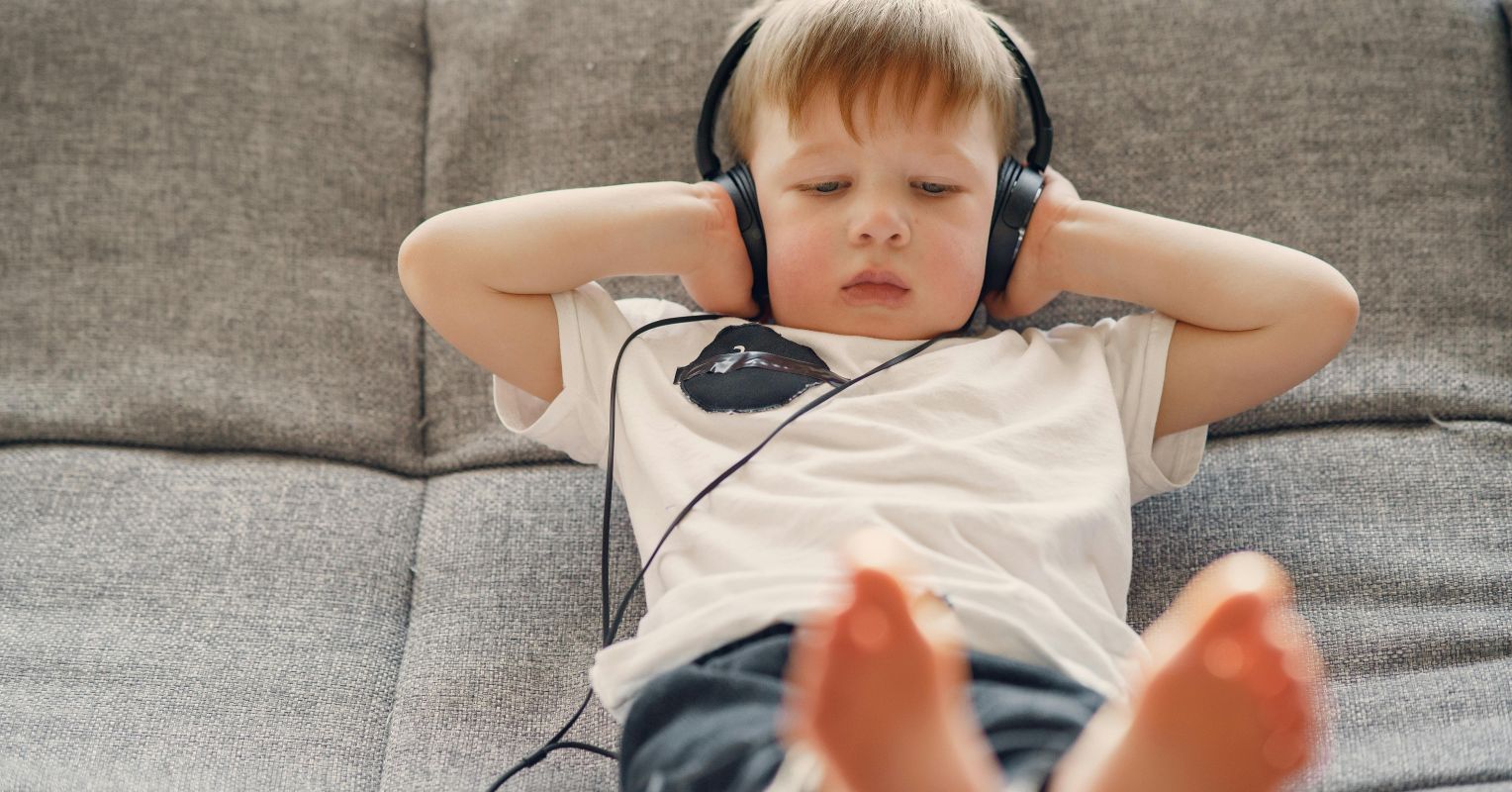
"While they haven't been able to prevent their parents' splitting up, they hope they can reunite their parents, a common fantasy that many kids have. But here, too, they aren't successful, driving home the reality that they are powerless and small. Additionally, they control very little: They don't get to choose who they stay with and when. Their schedules change, sometimes they change schools, they often now have two homes, etc. None of this is what they want, and they're helpless to do anything about it."
"Possible narratives: Some kids give up, telling themselves, "I will never have control over anything." They become passive, believing that their wishes aren't important. They may feel not only impotent and powerless but also anxious to make demands and have them rejected. These kids appear passive and without desires."
"Other kids take the opposite approach and fight back, telling themselves, "To avoid feeling helpless or small, I must control everything." With these kids, everything becomes a battle. Parents find themselves arguing with their child about which glass they'll drink out of or which shirt they're willing to wear."
Young children often experience profound helplessness and smallness when parents separate. They may fantasize about reuniting parents and feel powerless when those efforts fail. Children lose control over living arrangements, schedules, and schools, reinforcing feelings of impotence. Two common narratives emerge: passivity, where children tell themselves they will never have control and stop expressing desires, and overcontrol, where children attempt to master every small choice to avoid feeling helpless. Parental responses should begin with naming and validating the child's feelings to prevent harmful, entrenched self-beliefs.
Read at Psychology Today
Unable to calculate read time
Collection
[
|
...
]